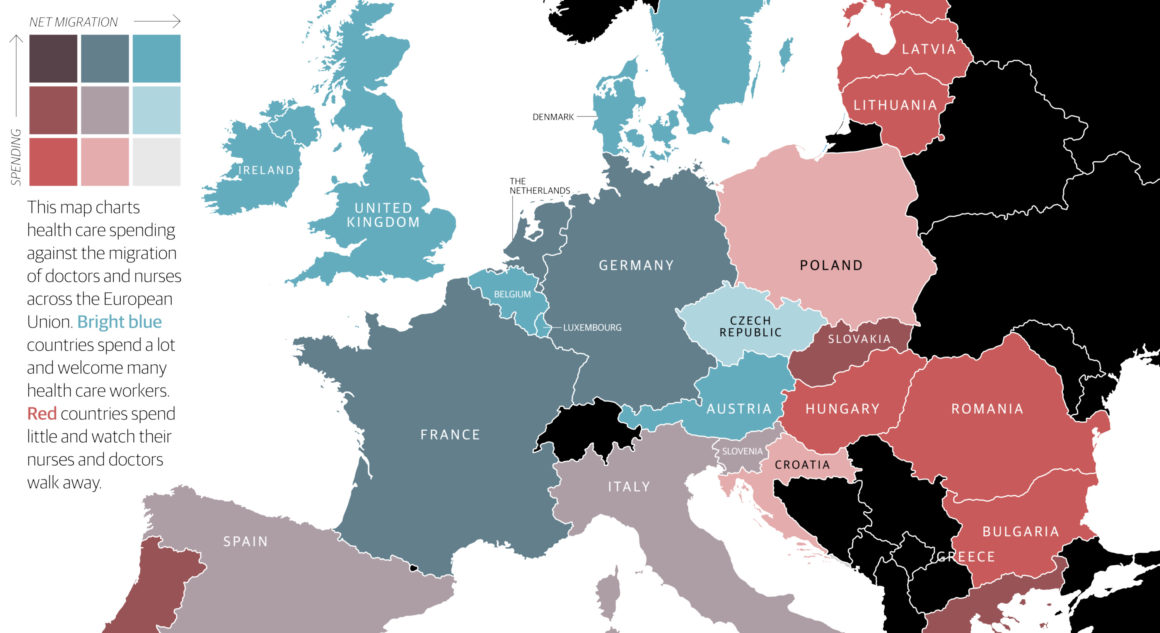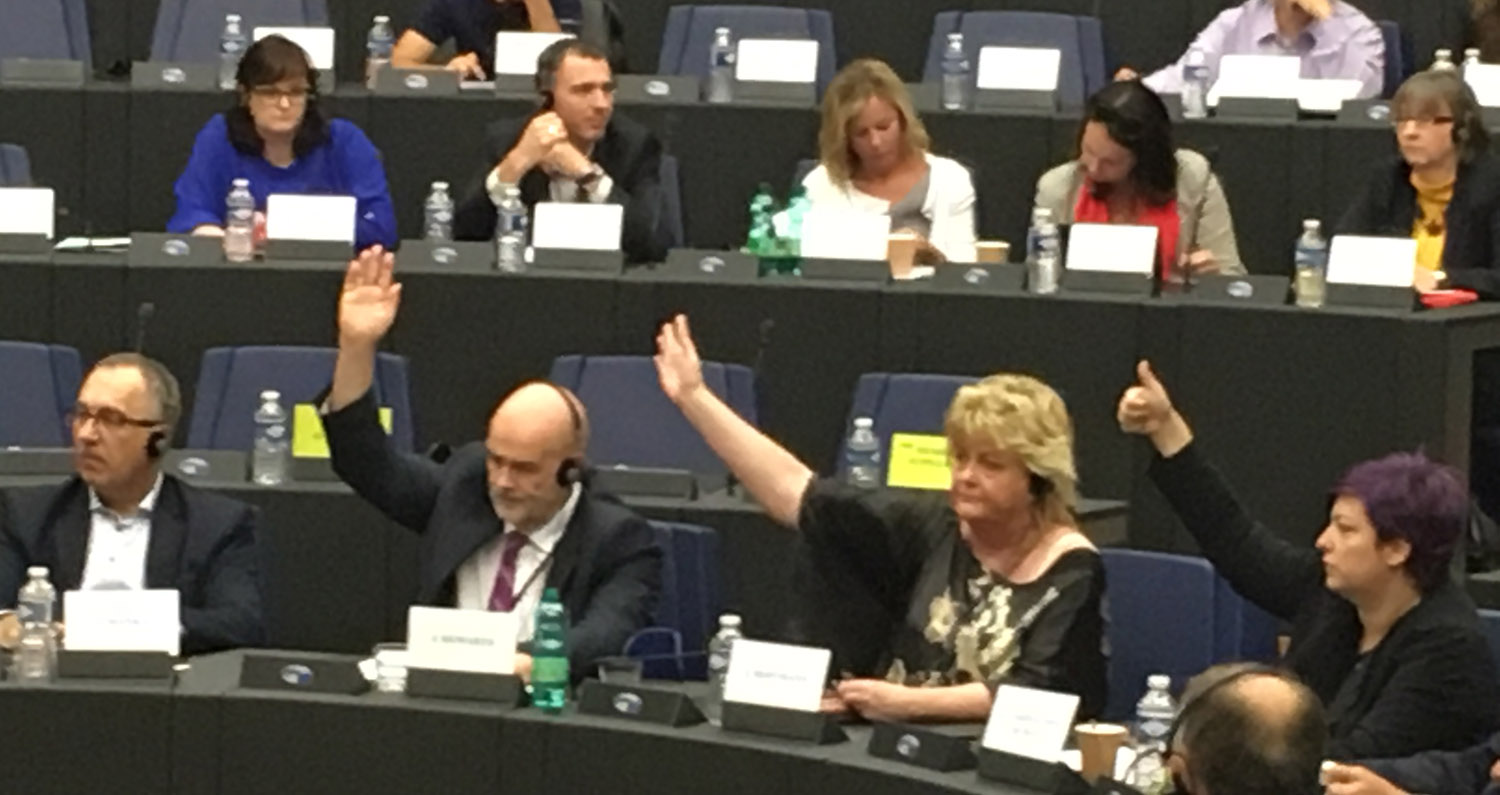The Isle of Man and the Channel Islands aren’t most people’s idea of ‘paradise’, but they provide useful addresses people you might otherwise spot in Monaco or Montserrat.
This week’s BBC Panorama documentary on the Paradise Papers exposed some of the flagrant abuses of these British ‘Crown Dependencies’ That’s the official ‘self governing’ status of these places and it enables major international brands, companies and wealthy individuals to pay less tax that the typical British man and woman.
That’s because, technically, these ‘British Islands’ are not part of the UK. However, in reality they are. They are ‘countries of convenience’ created to enable a lucky few to play by different rules - especially on tax. The islands have in reality been part of the British state - in so much as the Crown represents the state - for hundreds of years and they rely on the UK for defence and foreign affairs. Their people are British Citizens but they are officially outside the legislative reach of the UK Government and are not part of the European Union. The legislatures of the Islands make their own laws, and then these are rubber stamped by either the Privy Council, or if in the Isle of Man, the Lieutenant-Governor of the Island - proving the point that they are really British.
In reality there are a number of fundamental laws in these rotten boroughs that the UK has, effectively, insisted the local legislatures change. The Isle of Man was, for example, rightly compelled to abandon barbaric punishment regimes that they retained well into the 20th Century. Bearing in mind that you can fit the entire population into Wembley Stadium, it is absurd to suggest that this is a country in its own right; it’s more like a local council with its own tax law. This is very convenient to all sorts of people rich enough to buy houses that they don’t actually want to live in.
Why have a succession of British Governments let big brands, companies and the super rich get away with billions of pounds of tax evasion?
Some, like the authorities in Guernsey (the population of which would fit into Old Trafford) argue that having tax-dodging businesses located in theory (but not really) in St Peter Port somehow benefits the UK by bringing “liquidity” into UK banks and financial institutions that would otherwise just go to some other offshore bolt hole.
Maybe so, getting to grips with offshore tax dodging requires concerted action, not least by the EU but it is high time the UK Government realised the tax shelters of these ‘countries of convenience’ help convince people in the UK that the system is unfair. Even though the British are a tolerant lot and generally don’t blame weather people for taking advantage of what is, after all, perfectly legal - maybe they would do the same if they could. But ordinary folk simply can’t take advantage of these strange and wonderful rules. Seeing those with great resources play by a different set of rules on the doorstep of Blackpool undermines trust in the system.
If it were up to me the independent tax status of these islands would be ended tomorrow. For the moment, however, the leak of the so-called Paradise Papers from Appleby should make us pause for thought as to whether the Ministry of Justice should further review their definition of ‘conflict with international obligations.’
I am pleased to see the Labour Shadow Treasury team taking up this issue, and calling for some much needed transparency in the murky world of tax evasion. It should not be the case that companies like Apple can get away with routing most of their business through Jersey, or that companies like Lewis Hamilton’s Stealth (the clue’s in the name there) can form a VAT-registered leasing business on the Isle of Man to avoid paying VAT on a private jet.
The Government should have the guts to do the same. Nobody likes paying tax, but we accept it as the price of a civilised society all most people want is to know that the share they are paying is fair.














